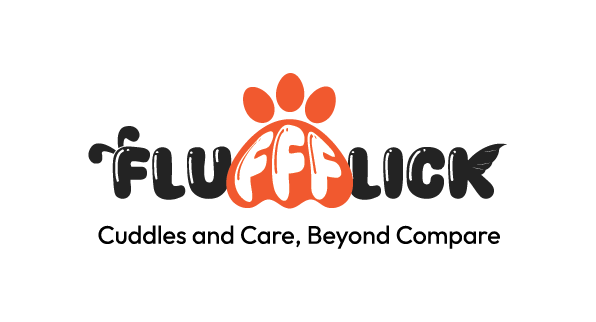Proper nutrition is essential for the overall health and well-being of your pets. Just like humans, pets require a balanced diet to maintain optimal health, energy, and longevity. With a plethora of pet food options available in the market, it can be overwhelming for pet owners to choose the right diet for their furry companions. This comprehensive guide will help you understand the basics of pet nutrition and how to ensure your pets are getting the best possible diet.
Understanding Your Pet’s Nutritional Needs
- Species-Specific Requirements
- Dogs: Dogs are omnivores, meaning they can eat a variety of foods, including meat, grains, and vegetables. Their diet should include a balance of protein, fat, carbohydrates, vitamins, and minerals.
- Cats: Cats are obligate carnivores, which means they require a diet primarily consisting of meat. They need high levels of protein and specific nutrients like taurine, which is found in animal tissues.
- Life Stage and Health Conditions
- Puppies and Kittens: Young animals need a diet rich in protein and calories to support their rapid growth and development.
- Adult Pets: The diet should maintain optimal body weight and meet energy requirements without causing obesity.
- Senior Pets: Older pets may need a diet lower in calories but higher in fiber and specific nutrients to support aging joints and organs.
- Special Health Conditions: Pets with conditions like diabetes, kidney disease, or allergies require specialized diets prescribed by a veterinarian.
Choosing the Right Pet Food
- Commercial Pet Foods
- Dry Food (Kibble): Convenient and often cost-effective, dry food is a popular choice. Ensure it is high-quality, with meat listed as the primary ingredient.
- Wet Food (Canned): Provides higher moisture content, which can be beneficial for pets with certain health conditions or those that don’t drink enough water.
- Raw and Freeze-Dried Food: Mimics the natural diet of pets. Ensure it is balanced and prepared under hygienic conditions to avoid contamination.
- Homemade Diets
- Balanced Recipes: If you prefer to prepare your pet’s food at home, consult with a veterinarian or a pet nutritionist to create balanced recipes that meet all nutritional requirements.
- Supplementation: Homemade diets often require supplements to provide vitamins and minerals not available in cooked or raw foods.
Key Nutrients for Pets
- Protein
- Essential for growth, muscle development, and overall health. High-quality animal-based proteins like chicken, beef, and fish are ideal.
- Fats
- Provide energy and support healthy skin and coat. Include sources like fish oil, flaxseed, and chicken fat.
- Carbohydrates
- Offer a source of energy and fiber. Include grains like rice and oats, as well as vegetables like sweet potatoes and peas.
- Vitamins and Minerals
- Vital for various bodily functions. Ensure the diet includes a variety of fruits and vegetables to provide necessary vitamins and minerals.
- Water
- Essential for all bodily functions. Ensure your pet has access to fresh, clean water at all times.
Common Feeding Mistakes
- Overfeeding
- Leads to obesity and related health issues. Follow the recommended feeding guidelines based on your pet’s size, age, and activity level.
- Underfeeding
- Can result in malnutrition and poor health. Ensure your pet gets enough food to meet their energy needs.
- Inconsistent Feeding Schedules
- Stick to a regular feeding schedule to maintain a healthy metabolism and digestion.
- Feeding Inappropriate Foods
- Avoid giving pets human foods that can be toxic, such as chocolate, grapes, onions, and certain artificial sweeteners like xylitol.
Conclusion
Providing a balanced and nutritious diet is one of the most important aspects of pet care. By understanding your pet’s specific nutritional needs and choosing the right food, you can ensure they lead a healthy and happy life. Always consult with your veterinarian for personalized dietary advice and to address any health concerns related to your pet’s diet. Remember, a well-fed pet is a happy pet!

